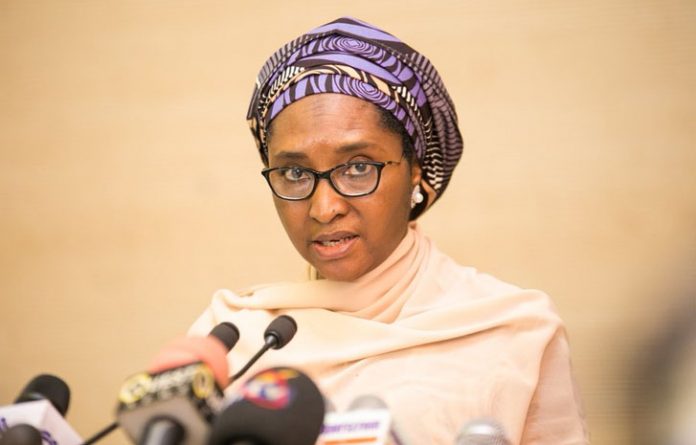Collective efforts of the public and private sectors in Nigeria will hasten the growth of the nation, the Minister of Finance Budget and National Planning, Zainab Ahmed, has said.
The minister said this at the 25th Nigerian Economic Summit in Abuja on Monday. The summit is being held under the theme: ‘Nigeria 2050: Shifting Gears.
Mrs Ahmed acknowledged the crucial role of the private sector in economic development, saying its collaboration with the public sector will bring to reality, by 2050, the kind of future Nigerians crave.
“This future will require comprehensive targeted reforms, tough decisions, a radical shift in the current culture, including attitudes towards taxes and public finance,” she said.
The minister said the future requires huge financial investments in multi-faceted physical and social areas by the federal, state and local governments for provision of useful amenities.
“Additionally, we must be in a position to provide digital connectivity and innovation, and rise above the tide of disruption that the Fourth Industrial Revolution will bring,” she said.

The minister used the occasion to outline the critical areas that the government places priority on in the implementation of its policies.
The priority areas include economic and governance reforms; macroeconomic stability through coordinated economic, monetary, fiscal and trade policies; fight against corruption and improved governance.
Others are enhanced investments in physical infrastructure, human capital development to spur job creation and economic growth; improved health, education and productivity of Nigerians as well as energy sufficiency (power) and petroleum products; and improved transportation and other Infrastructure.
Also, they include drive towards industrialisation, focusing on macro, small and medium-sized enterprises, optimise investments in physical security and food security to drive inclusive socio-economic development, improve security for all citizens, enhance agriculture self-sufficiency to achieve food security, social inclusion by scaling-up social investments, improve access to mass housing and consumer credit to enhance financial inclusion
Mrs Ahmed said the outputs of the 25th Anniversary Summit will be critical towards co-creating the Nigeria envisioned by its people.
She said the summit will aid the government in developing and implementing the next generation of national plans, and towards implementing policies.
Speaking at the summit, the Chairman of Nigerian Economic Summit Group, Asue Ighadalo, said there is a marginal increase in the Gross Domestic Product (GDP), between the last summit and now.
“The real GDP growth rate improved marginally, but remained below our projections. We recorded a GDP growth rate of about two per cent in the first half of 2019, and a decline in headline inflation from 15.1 per cent to 11 per cent,” he said.
However, he said the rate of inflationary decline has slowed considerably, largely as a result of food inflation, which remained at 13.2 per cent.

Mr Ighadalo said it has resulted in continued erosion of the real income of most of Nigerians .
He said the total revenue receipts for 2018 came in at N3.5 trillion, only 48.6 per cent of the projected revenue figure for the year, while total debt service at N2.2 trillion remained unchanged relative to projections.
“If this imbalance persists, the availability of funds to drive infrastructure development and other social investment programmes will remain challenged.
“As such, there is an urgent need to address not just our perennial revenue-expenditure mismatches, but our overall productivity and growth as a nation,” he said
SOURCE: Allafrica





